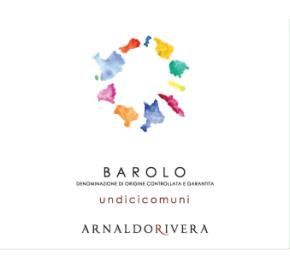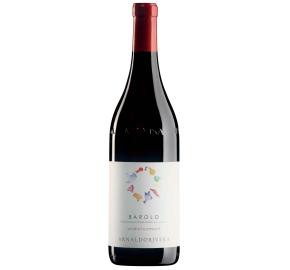Arnaldo Rivera - Undicicomuni 2018
- Producer ArnaldoRivera
- Blend 100% Nebbiolo
- Country Italy
- Region Piemonte
- Appellation Barolo
- UPC 0 15643 56761 2
Log in to view pricing and order online
Don't have an account? Register here
Item# 83412-18
Tasting notes
Ageing
Estate
Arnaldo Rivera was born on December 13th, 1919 in Castiglione Falletto, a small village at the heart of the historic Barolo winegrowing area. He was a local primary school teacher, mayor of his village for 36 years, and founder in 1958 of the Terre del Barolo winery. He lived through the hard times of the war in the front line, as well as the days of the liberation. He and his wife Ester Rinaldi were not blessed with children. Arnaldo Rivera passed away on January 10th, 1987. This project was created by the growers and the winery in honor of this great man.
Soil
Technical data
Refinement 26 months in French oak wood using the following capacities: 75% in large barrels and 25% in second and third passage tonneaux. Six months of aging in concrete tanks follows.
Average annual production: 50,000 bottles.


